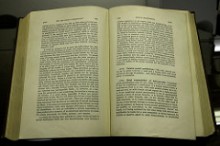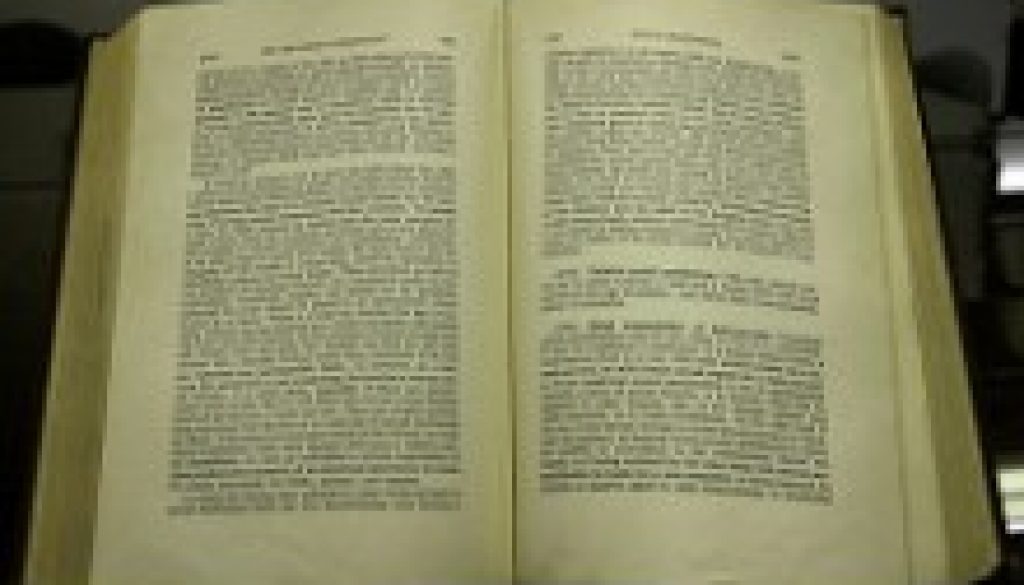Pa Dui Case Study: Different Tiers Mean Different Things
Pennsylvania DUI Case Study: Highest Tier § 3802 (c) – Not Guilty
 We are proud of our law firm’s success for clients who have put their trust and invested their money in our expertise. We are, however, never satisfied or complacent Nothing fails like success and constantly pushing for more is the only way to get better! Let everyone else talk abut how “super” they are this week! This case study demonstrates what our firm can with a poor set of facts where other law firms may fail.
We are proud of our law firm’s success for clients who have put their trust and invested their money in our expertise. We are, however, never satisfied or complacent Nothing fails like success and constantly pushing for more is the only way to get better! Let everyone else talk abut how “super” they are this week! This case study demonstrates what our firm can with a poor set of facts where other law firms may fail.
Client:
E.C. is a 45 year old electrician who was previously convicted of DUI in 2007 in Delaware County, Pennsylvania after using a different law firm. On June 10, 2015 Philadelphia Police arrested E.C. on Roosevelt Blvd. in the northeast section of Philadelphia after receiving an anonymous tip that he almost caused an accident on the boulevard. Police found E.C. in his vehicle with the keys in the ignition. Despite the anonymous tip, there was no sign of any vehicle damage or an accident.
According to police, his eyes were bloodshot, his speech slurred and he appeared unsteady when he walked. In addition, when police arrived there was a large gathering of people around E.C.’s car. These people, according to police, were celebrating some event like a birthday. Police arrested E.C. for suspicion of DUI and also recovered an empty beer can next to his vehicle. Following this arrest, a blood test revealed a BAC level of .24 which is three (3) times the legal limit.
Problem:
E.C. faces a mandatory minimum ninety (90) days in jail and an eighteen (18) month driver’s license suspension if convicted of DUI under Section § 3802 (c).
Our Defense strategy:
E.C. retained our law firm and we entered a plea of not guilty on his behalf. We filed a Motion to Suppress Evidence under Article 1 § 8 of the Pennsylvania Constitution and the 4th and 14th Amendment to the United States Constitution. In addition, our firm filed a motion under Article 1 § 9 of the Pennsylvania Constitution and the 5th (Self Incrimination) 6th (Self Incrimination and Right to Counsel) and 14th (Due Process) Amendment to the United States Constitution. The basis for the pre-trial motions was a lack of probable cause to arrest our client for suspicion of DUI and a violation of our client’s right against self-incrimination and his right to counsel.
During these pre-trial motions our firm argued that police never observed E.C. driving the vehicle and his physical control of the car was questionable at best. Police found E.C. in the driver’s seat but the prosecution couldn’t establish, beyond a reasonable doubt, if he had imbibed (drank) the alcohol prior to driving or if he simply stopped the car, consumed the alcohol, and was sitting in the driver’s seat due to the extreme heat in the month of June. The beer can and the large crowd, celebrating some event, supported this argument. We also argued that police violated E.C.’s Fifth Amendment rights against self-incrimination when they questioned him about his consumption of alcohol despite their suspicion of DUI.
In Pennsylvania police must advise a person of their right against self-incrimination (Miranda rights) if their detention under a suspect goes beyond an investigation or when a reasonable person wouldn’t feel free to leave. In this case, police had already conducted their investigation and their questioning of E.C. constituted a custodial interrogation which requires Miranda Rights. The lack of Miranda rights violates the Pennsylvania and the United States Constitutions. During the Police’s interrogation of E.C. he stated that he “had a couple beers” prior to getting into his car. These statements could be very damaging to our defense case at trial and we wanted to suppress them so that a judge or jury wouldn’t hear them.
Despite our arguments the judge denied our Motion to Suppress E.C. statements and our Motion to Suppress all of the physical evidence (blood test). The standard of proof, however, at a Motion to Suppress is much lower than at trial. At a pre-trial motion hearing the prosecution must only satisfy a preponderance standard whereas at trial the prosecution must prove each and every element beyond a reasonable doubt.
To convict someone under § 3802 (c) the prosecution must establish that the person drove, had driven, or was in actual physical control of a vehicle with a blood alcohol content of .16 or higher within two hours of doing so. In this case, the prosecution couldn’t establish a time given that when police arrived E.C. was sitting in the car and it wasn’t moving. The prosecution argued that E.C.’s presence in the car at the minimum constituted actual physical control. We argued that the circumstances surrounding the incident, however, called into question whether E.C. was driving or had driven the vehicle or was simply using the car to relax while drinking or after drinking a beer. Further, the prosecution couldn’t establish that E.C.’s BAC level was accurate according the § 3802 (c) which requires a reading of .16 or higher within two hours of operating or being in actual physical control of the car.
Result:
While the judge denied our Motions to Suppress Physical Evidence along with E.C.’s statements, he found him not guilty under Section 3802 (c). While the judge did find him guilty under § 3802 (a) (1) this resulted in much less jail time and license suspension. Under Section § 3802 (c), E.C. would have received ninety (90) days in jail and an eighteen (18) month license suspension but instead received five (5) days in jail and a twelve (12) month license suspension. In addition E.C. may be eligible for an occupational (work license) license. If you have more questions about Pennsylvania DUI, read my book 5 Ways to Fight and Win Your Pennsylvania DUI Case. You may also want check out some our instructional videos on DUI and other topics in criminal defense.

